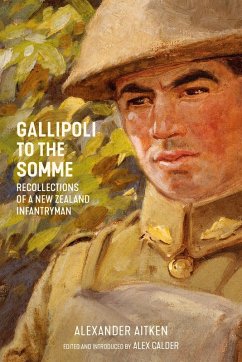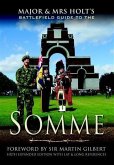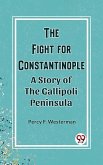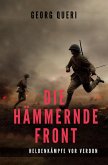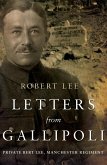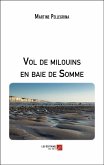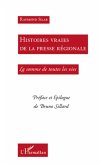Alexander Aitken was an ordinary soldier with an extraordinary mind. The student who enlisted in 1915 was a mathematical genius who could multiply nine-digit numbers in his head. He took a violin with him to Gallipoli (where field telephone wire substituted for an E-string) and practiced Bach on the Western Front. Aitken also loved poetry and knew the Aeneid and Paradise Lost by heart. His powers of memory were dazzling. When a vital roll-book was lost with the dead, he was able to dictate the full name, regimental number, next of kin and address of next of kin for every member of his former platoon-a total of fifty-six men. Everything he saw, he could remember. Aitken began to write about his experiences in 1917 as a wounded out-patient in Dunedin Hospital. Every few years, when the war trauma caught up with him, he revisited the manuscript, which was eventually published as Gallipoli to the Somme in 1963. Aitken writes with a unique combination of restraint, subtlety, and an almost photographic vividness. He was elected fellow of the Royal Society of Literature on the strength of this single work-a book recognised by its first reviewers as a literary memoir of the Great War to put alongside those by Graves, Blunden and Sassoon. Long out of print, this is by some distance the most perceptive memoir of the First World War by a New Zealand soldier. For this edition, Alex Calder has written a new introduction, annotated the text, compiled a selection of images, and added a commemorative index identifying the soldiers with whom Aitken served.
Dieser Download kann aus rechtlichen Gründen nur mit Rechnungsadresse in A, B, BG, CY, CZ, D, DK, EW, E, FIN, F, GR, HR, H, IRL, I, LT, L, LR, M, NL, PL, P, R, S, SLO, SK ausgeliefert werden.

